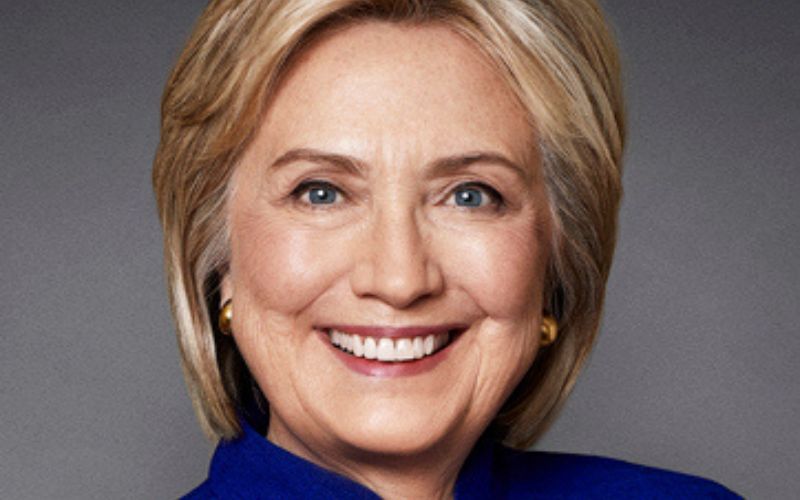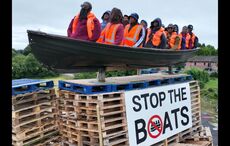Sinn Fein and the Democratic Unionist Party (DUP) have agreed to form a Justice Department to oversee the police and courts, ending a five-month long deadlock.
Handing joint control to Nationalist and Unionist parties ensures that the power-sharing deal between the two sides will not unravel, strengthening the decade-old peace agreement. The new agreement commits both sides to support the selection of a politician from another party to oversee the new Justice Department.
Sinn Fein Vice President Pat Doherty told the Irish Voice on Tuesday in New York that he was pleased with the new arrangement. "We had a breakthrough last week on the policing and justice issue where we have set in place a methodology to transfer the powers, and determine how a new justice minister will be elected from the floor of the assembly."
Both parties agreed that Catholic John Larkin, 45, a human rights barrister with more than 20 years experience, will become the new attorney general. Agreement was also reached that a new justice minister would be announced in the near future on the basis of a 50-50 vote on the floor of the Assembly.
The north's political leaders have had little time to bask in the latest breakthrough, however, amid increasing fears that the crisis in the credit sector is leading to a recession. In a press release last weekend the hastily reconvened Executive said they had an immediate and "lengthy discussion" about the credit crunch and the global economic downturn.
The first item on the Executive's new agenda last week was a £900 million financial deal to kick-start Northern Ireland's devolved government and alleviate the effects of the credit crunch.
The deal was struck after talks between British Prime Minister Gordon Brown and senior Stormont ministers at Downing Street last week. The agreement allows the deferment of water charges in Northern Ireland for a further year and the provision of additional money to address the gathering recession.
Doherty said that there was no doubt there has been a massive downturn in the North's economy. "It impacts on Sinn Fein in two ways because we're an all-Ireland party; we're organizing our members in Stormont and in the Dail (Irish Parliament). In the North things are in some way economically cosseted because the grants from London.
"There is also - many would argue - far too big of a civil service there that at least creates some comfort in terms of jobs. So while there is an impact, things are felt a bit less severely in the North than in the south at the moment."
Prior to the breakthrough on policing and justice last week, critics claimed that neither of the main parties was dealing with the economic hardships facing the elderly, the unemployed and the disadvantaged. "We're through that phase now and the Executive is going to meet every Thursday and deal with the pressing issues," Doherty said.
DUP and Sinn Fein leaders Peter Robinson and Martin McGuinness are due in Washington and New York next week to promote Northern Ireland as a base for U.S. industry.
"I think their joint visit will underline that things are working on the ground," said Doherty. "It will be an important follow up visit from their economic conference held here in May of this year."
Asked if Northern Ireland's agencies needed to become more aggressive in selling the North to potential industrial investors Doherty replied, "I absolutely agree that Invest Northern Ireland (INI) should model itself on the Industrial Development Agency (IDA) in the south. It's a top-notch agency. There was even a suggestion by some leading bankers in the north that the INI should amalgamate itself to the IDA.
"For myself as an Irish Republican that's how I'd want it. But all of that is subject to an ongoing debate. But absolutely they need to be more proactive."
Doherty said that Sinn Fein was aware of a spate of recent criticisms relating to their economic policies, and he said the party had put itself through a process to try and rectify that perception that they were not on point by inviting outside economists to address the party.
Said Doherty, "As we advance we will sharpen up our economic analysis in terms of the detail. Being an all-Ireland party it always throws up an extra challenge in that you're dealing with a euro zone and a sterling zone.
"The big test for us this year will be in the local government elections in June in the south. Those elections will give us a sense of how our base is expanding. I think you'll see another advance for the party."




Comments